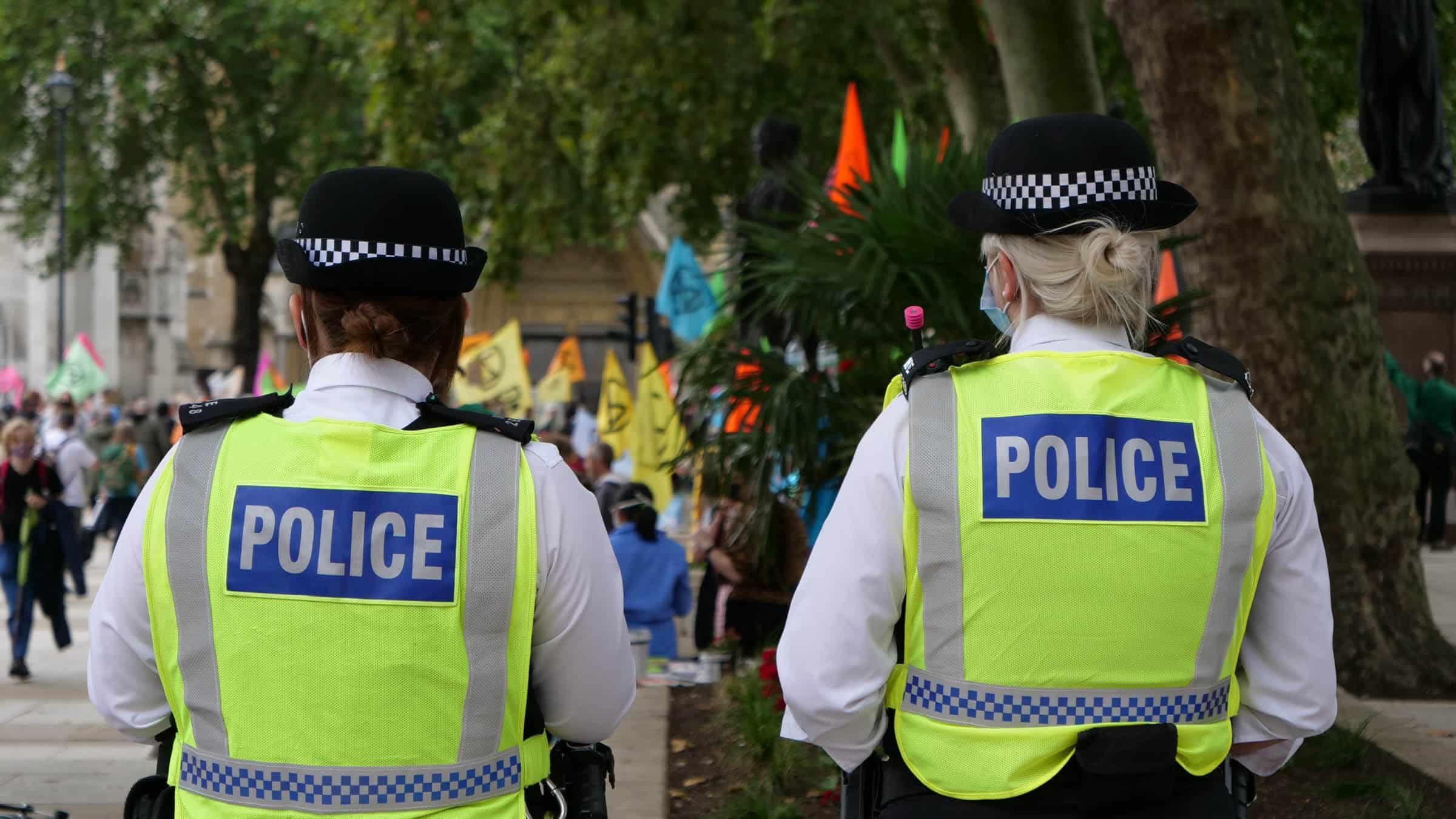Police vetting failures have allowed criminals and sexual predators into the force, watchdog finds

A shocking new report has revealed that hundreds of police officers who should have failed vetting checks may be in the job in England and Wales.
The police watchdog looked at eight forces and found decisions on officers that were “questionable at best.” One officer convicted of domestic abuse and one accused of sexual assault were among those accepted into the force.
Of 725 sample cases closely examined in the review, there were concerns about 131 officers cleared to serve in police forces, although the watchdog said the actual figures could be much higher.
The report also highlighted misogyny and sexual misconduct and was commissioned after the murder of Sarah Everard by a serving officer – which raised questions about police recruitment and vetting.
Speaking to BBC Radio 4’s Today Programme, report author Matt Parr said: “I think police leaders need to understand that unless they’re much tighter with who they recruit, much tighter with who they transfer between forces, and have a much lower tolerance for the normalised, sexualised bad behaviour towards women, both members of the public and in the force… they’re going to keep getting scandals and public trust is going to continue to erode.”
The report was commissioned by former home secretary Priti Patel last year from His Majesty’s Inspectorate of Constabulary, Fire and Rescue Services (HMICFRS).
The authors questioned 11,000 officers and staff – and of the women who responded, “an alarming number of alleged appalling behaviour by male colleagues”, raising concerns about risks to people outside the police. “Almost without exception, they’d been on the receiving end of behaviour which absolutely has no place in the modern workplace,” Parr added.
The survey revealed that most respondents thought their force’s culture “discouraged prejudicial and improper behaviour,” with men generally being more positive about the culture.
Vetting is supposed to be undertaken when candidates apply to join or transfer to a police force and then every 10 years or every seven for more sensitive roles. Instead, the review found officers passed despite having criminal records, being suspected of serious offences, having substantial debts or having family linked to organised crime.
Parr said he could understand why some forces would want to take a risk on some applicants, but said police forces were not providing the close supervision and monitoring needed for applicants with family members linked to organised crime.
“If the police are to rebuild public trust and protect their own female officers and staff, vetting must be much more rigorous – and sexual misconduct taken more seriously,” said Parr. “I think the public will find [it] extraordinary that some of these people were allowed to join,” he told BBC’s 5 Live Breakfast programme. “If [police leaders] don’t get these basic rights, they’re storing up problems for themselves in the future and creating risks for the public.”
This report follows one last month by Louise Casey into the Met’s discipline system that found unacceptable failures, corruption and cover-ups far greater than previously admitted. It led the Met’s commissioner, Sir Mark Rowley, to say that hundreds of racist, women-hating and corrupt officers have been left in the ranks of his force alone.
With more to come next year, the accumulation of reports threatens the reputation of police leaders, who have claimed to have taken the issues seriously, but as the inspectorate said, failed to act on warnings that their staff and the public were in danger from misogynistic, racist and corrupt officers.

